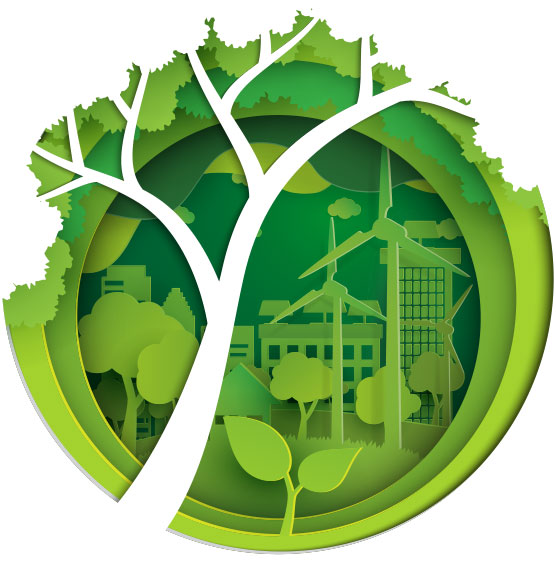
Environmental Policy | Zimbali Lodge
At the Zimbali Lodge, we are committed to green hotel policies and the implementation of proactive measures to help protect and sustain the environment for future generations.
We recognize the impact of our operations on the environment and aim to be an increasingly efficient green and environmental Lodge. We strive to minimize any detrimental effects as a result of our business.
By working together, we can contribute to making a cleaner and safer environment and ensure environmental issues remain a focal point, which will receive proper attention.
In delivering our commitment we will:
• Comply with relevant environmental legislation and take a proactive approach to future requirements and obligations • Seek to conserve natural resources through the responsible use of energy, water and materials but also maintaining quality of service expected by our guests • Monitor performance and aim for continued improvement by reducing, re-using and recycling in areas such as energy consumption, reduction of waste materials and water consumption • Work with suppliers who have compatible policies for managing their impact on the environment • Through our active environmental team, we will ensure that our efforts are continually reviewed, updated and communicated to colleagues/employees
Examples of everyday actions
Recycling of:
• Paper, cardboard, glass, plastic, cooking oil, toner cartridges, fluorescent tubes • Waste compacted to reduce number of collections to landfill • Recycle old metal / scrap • Waste packaging by the purchase of bulk food items and cleaning materials • Printing only essential documents
Saving energy & water by:
Monitoring Electricity and water consumption daily, checking for spikes to alert us on possible leaks on the property.
• Use of low energy light bulbs – LED. • Use of motion detectors • Re-use of towels in guest rooms replace only if guest leaves in bath tub, we have a card in the room informing guest • Water consumption by ongoing installation of new flush system in toilets • Install new water saving shower roses • Install aerators on taps • Energy saving checklist in place to ensure non-essential appliances and lights & aircons are being switched off daily in vacant and unoccupied spaces • Use of Chlorine in our water features so we don’t drain water for cleaning • Isolate Vacant blocks hot water plantrooms during low occupancies • Pot wash area kitchen sinks should be filled up and items to be pre soaked to minimize water usage • Kitchen hot pass to be used during intervals and this should be off during quite periods
Energy Saver Status

Water Saver Status

Waste Efficiency Status

Carbon Footprint Status











